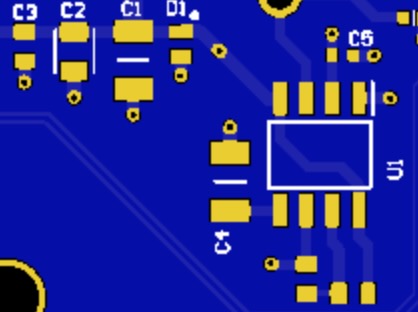Exact Measurement? For Innovation, and Progress
A coherence-based Noise Reduction System, approaches a time-independent reference, or exact standard, for the measurement of time. Download summary of scientific research here.
Measurement Uncertainty And Signal Integrity

Areas of Application of Coherence Technology Pdf download here: https://www.upgradingtechnology.com/support-files/areasofapplication.pdf
Measurement uncertainty is inevitable: Does this mean we are stuck with it? Or Is there a simple way to reduce measurement uncertainty to strengthen signal integrity and stability, and improve the effectiveness and efficiency of modern technological systems?
Precision Measurement: The Central Pillar of Sustainable Development, Innovation, and Progress
Discover how our groundbreaking, reliable Noise Reduction System establishes seamless measures for time, creating an unerring standard for time measurement. Browse through a comprehensive summary of our leading-edge scientific research here.
Addressing Measurement Uncertainty For Superior Signal Integrity
Can we completely eliminate the certainty of measurement uncertainty or could we potentially lessen its effect to bolster signal integrity, boosting the significance and productivity of contemporary technological systems?
Signal integrity acts as a critical aspect in today's complex systems like high-speed digital systems, RF communication systems, and power distribution networks. Discrepancies in signal integrity can induce transmission errors and can adversely impact the robustness of these systems. Factors such as signal timing, signal loss, and noise interference often contribute to these integrity issues.
When faced with signal integrity challenges due to measurement uncertainty, comprehending system behavior and conducting precise diagnostics and troubleshooting can become exceedingly complex. This consequently hinders potential performance enhancements and error reduction.
The accidental implications of these irregularities display in numerous ways. Primarily, it can result in inconsistent system performance, with total system failures forming a bleak, worst-case scenario. In crucial applications like aviation systems, telecommunication networks, or medical equipment where system failure is unacceptable, this unreliability can be dangerous.
Measurement inconsistencies can lead to problems and additional expenditures
Secondly, measurement inconsistencies can contribute to imprecise system analysis, design, and validation. This could escalate development costs due to possible revisions while diminishing product competitiveness on the market.
Furthermore, system failures and reduced dependability resulting from signal integrity issues can tarnish the reputation of manufacturers and service providers. This can lead to the loss of business, potential financial penalties, and even possible legal ramifications.
Resolving these issues necessitates ensuring measurement methods and tools are exact, consistent, and efficient. Signal integrity issues should be given due consideration throughout the design process, employing meticulous simulations and verifications in both the initial and final stages of layout. Adopting best practices for PCB design alongside careful component selection and usage are also imperative.
Investing in the thorough education and training of engineers can significantly enhance signal integrity and reduce the detrimental effects of measurement uncertainty.
Now you can revolutionize your system by integrating our minimalist noise reduction component. Coherence Products Incorporated is developing this universal component that can be incorporated into any electrical or electronic system to reduce measurement uncertainty effectively. Contact us and learn more about our innovative Coherence Hasslefree Innovation Program™ (CHIP) and Evaluation Kit.
